10 Companies Scaling Back Their DEI Programs
Trump Attacks DEI — 10 Companies Now Scaling Back Their Diversity Programs
Share the post
Share this link via
Or copy link

Ironically, Republican presidential nominee, former U.S. President Donald Trump works behind the counter during a campaign event at McDonald’s restaurant on October 20, 2024 in Feasterville-Trevose, Pennsylvania. Source: Pool / Getty
In recent years, Diversity, Equity, and Inclusion (DEI) programs have become a central focus for many companies, as businesses strive to create more inclusive and supportive environments for employees of all backgrounds. However, a notable shift has emerged as some high-profile companies are starting to scale back or outright roll back their DEI initiatives. While DEI advocates argue that such programs are essential for fostering a more inclusive workplace, critics suggest that some companies are reassessing these investments in response to rising political and economic pressures stirred by President Donald Trump.
Shortly after beginning his second term on Jan. 20, the 78-year-old Republican signed an executive order aimed at eliminating all DEI programs. The order is designed to safeguard “the civil rights of all Americans” and promote “individual opportunity” by ending what it calls “radical DEI preferencing” in federal contracting, according to an open letter written by Trump on the White House website. By reinforcing established federal laws, the move strives to step toward realizing the Constitution’s promise of colorblind equality, but this new order is bound to do more harm than good, particularly for marginalized groups.
Here is a list of 10 companies that have stripped back their DEI initiatives or programs.
1. Tesla
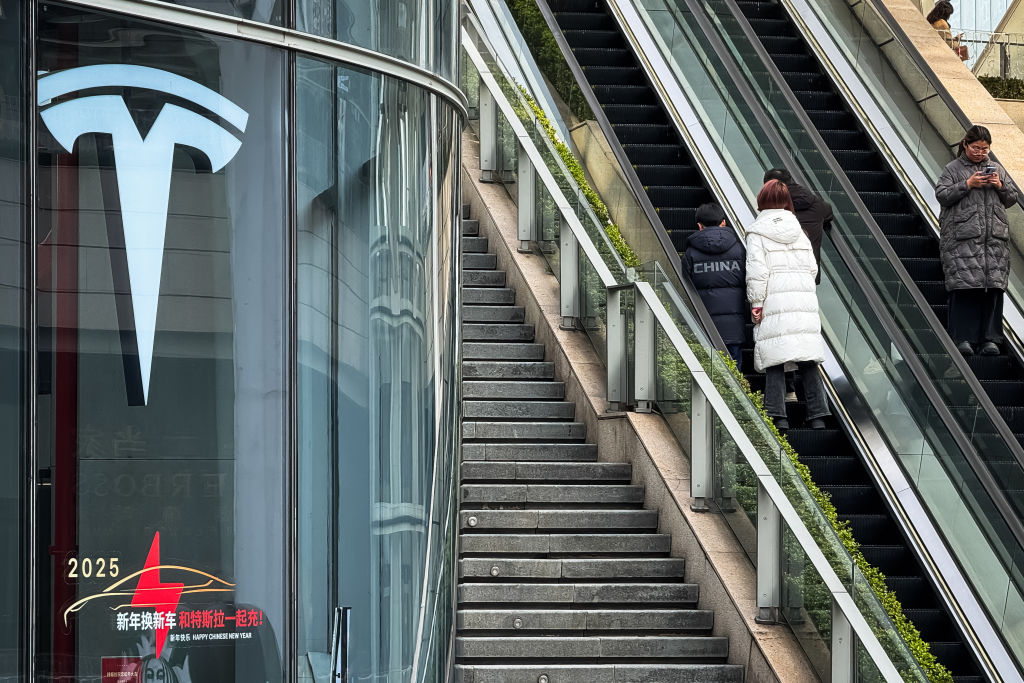
Source: Cheng Xin / Getty
Tesla, led by CEO Elon Musk, has been known for its innovative approach to electric vehicles and renewable energy, but the company has been less vocal about its commitment to DEI in recent years. In its 10-K filing with the SEC on Jan. 29, 2024, Tesla made a notable change by removing all references to minority workers and outreach to minority communities, as reported by Bloomberg. This marks a stark contrast to the company’s 2021 filing, where it highlighted diversity, equity, and inclusion (DEI) as a key human capital objective, stating its commitment to “attracting, developing, and retaining top talent while integrating diversity, equity, and inclusion principles and practices into our core values,” according to CNN.
Tesla also boasted about the diversity within the company in their 2022 10-K filing, noting that it was dedicated to empowering the marginalized members of its workforce.
“At Tesla, our employees show up passionate about making a difference in the world and for each other. With a majority-minority workforce, empowering our employee resource groups to take charge in driving initiatives that attract, develop, and retain our passionate workforce is vital to our continued success,” the car company penned at the time.
However, Musk appeared to change his thought process around DEI initiatives in 2023, the same year the Supreme Court ruled to abolish Affirmative Action.
“DEI must DIE,” he wrote in an X post shared Dec. 15, 2023. “The point was to end discrimination, not replace it with different discrimination.”
2. Meta
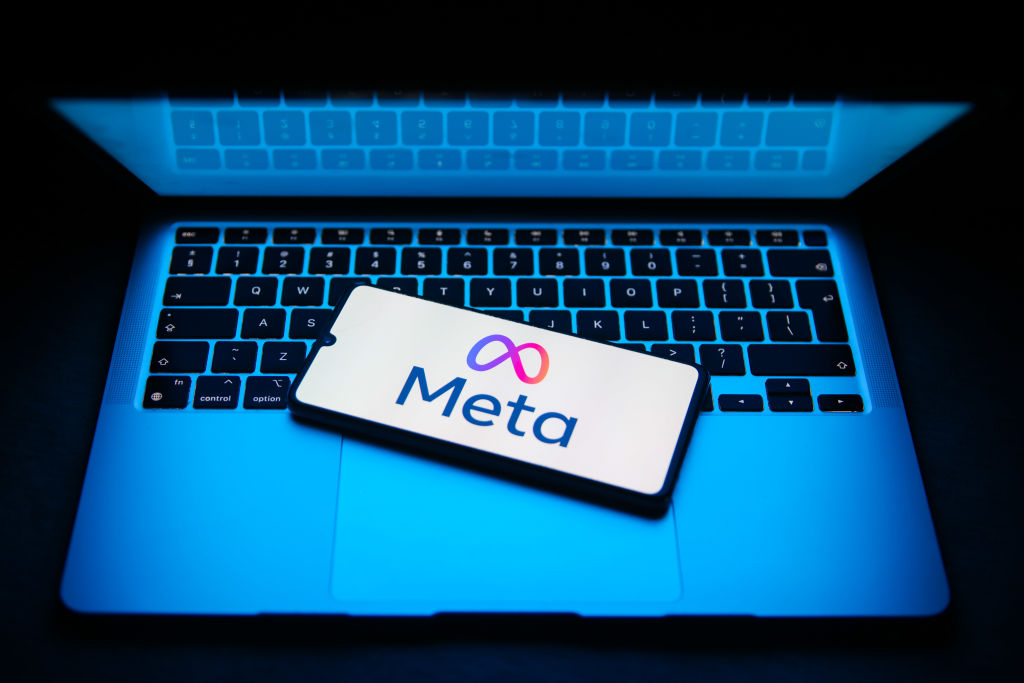
Source: NurPhoto / Getty
Earlier this month, Meta announced it was dissolving its DEI program. In a memo obtained by Axios on Jan.10, the tech giant revealed that it would eliminate the department responsible for overseeing its diversity, equity, and inclusion efforts. This change means Meta will no longer have a dedicated DEI team. Instead, the company plans to focus on creating equitable hiring processes that are free from bias, regardless of a candidate’s background.
Additionally, Meta will discontinue its “diverse slate approach” to hiring, which previously ensured that a diverse group of candidates was considered for every open position.
RELATED CONTENT: Anti-Blackness And The Reason People Fight DEI The Way They Do
3. Target
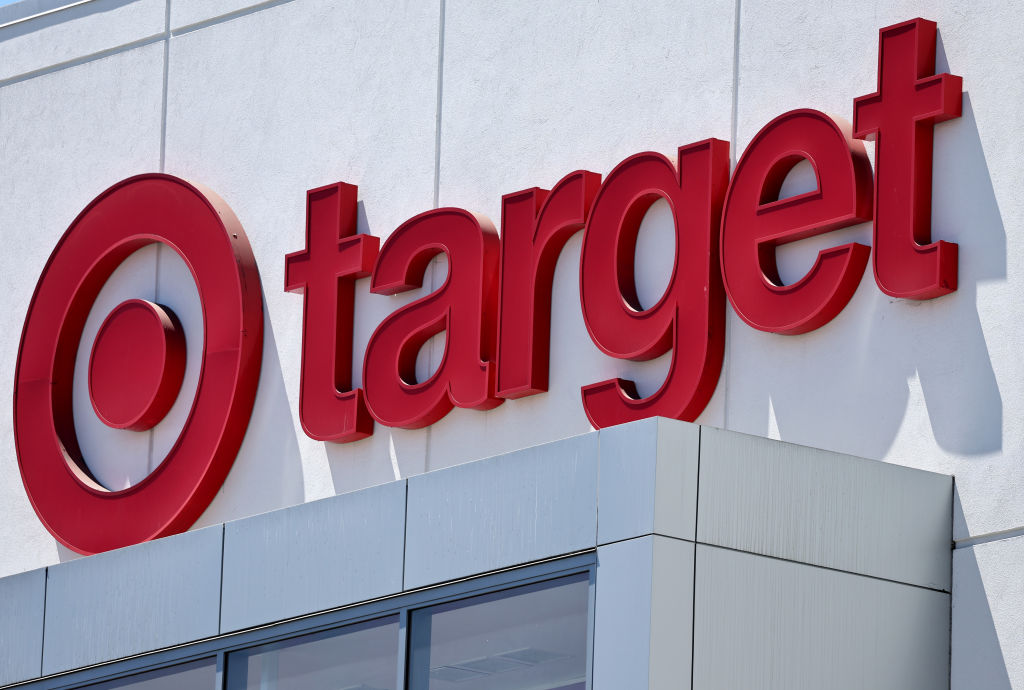
Source: Mario Tama / Getty
Retail giant Target has long positioned itself as a leader in DEI, promoting inclusivity both within the company and in its marketing. However, that changed on Jan. 24., when the company announced it was scaling back its DEI initiatives, including efforts to better align its workforce and product offerings with its customer base, according to NBC News.
In a memo to employees, the popular retailer shared that it will discontinue its three-year DEI goals, halt reporting to external organizations like the Human Rights Campaign’s Corporate Equality Index, and end a program designed to increase the number of products sourced from Black- or minority-owned businesses.
“Many years of data, insights, listening, and learning have been shaping this next chapter in our strategy,” Kiera Fernandez, chief community impact and equity officer at Target, penned in the memo. “And as a retailer that serves millions of consumers every day, we understand the importance of staying in step with the evolving external landscape, now and in the future — all in service of driving Target’s growth and winning together.”
4. McDonald’s

Source: Mario Tama / Getty
McDonald’s is the latest company to scale back its DEI initiatives. On Jan. 6, the fast-food giant shared a statement on its website announcing changes to its DEI strategies. While the company will still track its diversity goals through its Purpose & Impact Report, which includes updates on the board, employees, and suppliers, McDonald’s is introducing the “Golden Rule”—which aims to treat everyone with dignity, fairness, and respect—as a cornerstone of its new inclusion approach. Under the new program, employees will have to follow four guiding principles: encouraging community reflection, leveraging inclusion as a competitive advantage, fostering a culture of belonging, and upholding business accountability.
5. Walmart
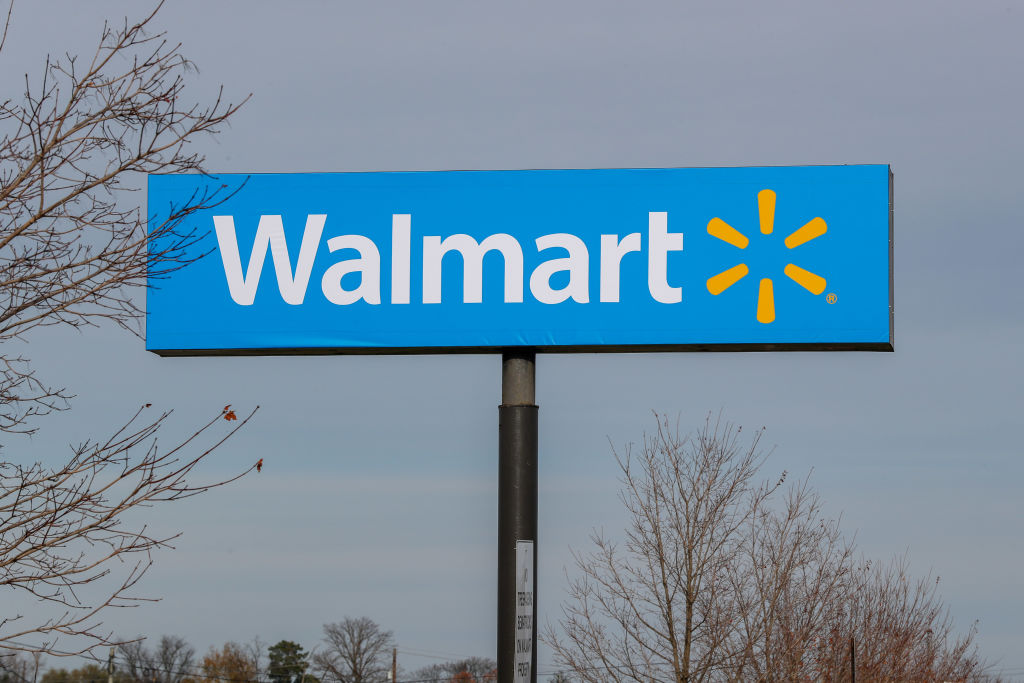
Source: SOPA Images / Getty
In November 2024, Walmart made a notable change in its corporate direction by announcing the discontinuation of its racial equity training programs for employees and launching a review of its supplier diversity efforts, according to CNN. The company had previously focused on expanding its network of suppliers owned or managed by women, minorities, veterans, and LGBTQ+ individuals, but it now intends to reassess these initiatives.
Furthermore, Walmart revealed that it would halt funding for its five-year, $100 million Center for Racial Equity, which was established in 2020 to address systemic inequalities affecting African Americans in areas like education, health, and criminal justice. The retail giant also indicated that it would reconsider its involvement in Pride events and similar initiatives. Additionally, Walmart plans to oversee its online marketplace more closely, particularly removing products related to sexual or transgender themes that are marketed to children.
6. Amazon

Source: Anadolu / Getty
On Dec.16, 2024, Amazon announced that it would be scaling back on certain DEI programs, though it did not provide details on which specific initiatives would be impacted, according to Time. Candi Castleberry, a senior HR executive, stated that the company has been phasing out “outdated programs and materials,” with plans to wrap up this process by the end of 2024.
Moving forward, Castleberry said that Amazon would be “focusing on programs with proven outcomes.” Castleberry added, “and we also aim to foster a more truly inclusive culture.”
7. John Deere

Source: IAN MAULE / Getty
In July 2024, the farm equipment manufacturer announced it would cease sponsoring “social or cultural awareness” events. Additionally, the company stated it would conduct a thorough review of all training materials to ensure they align with federal and local laws, ensuring no socially-driven messages are included.
“The existence of diversity quotas and pronoun identification have never been and are not company policy,” the company also stated.
8. Ford

Source: picture alliance / Getty
In August 2024, an internal memo from Ford announced that the company would be reducing its involvement in public debates on contentious issues. While reaffirming its commitment to workplace inclusivity, Ford stated it would no longer participate in external assessments, such as the Human Rights Campaign’s Corporate Equality Index, which evaluates corporate policies and benefits.
The memo highlighted Ford’s dedication to fostering a safe and inclusive environment for its employees. However, it also recognized the ever-evolving political and social landscape, with the company choosing to refrain from taking public stances on various controversial matters to respect the diverse views of both its workforce and customers.
9. Lowe’s
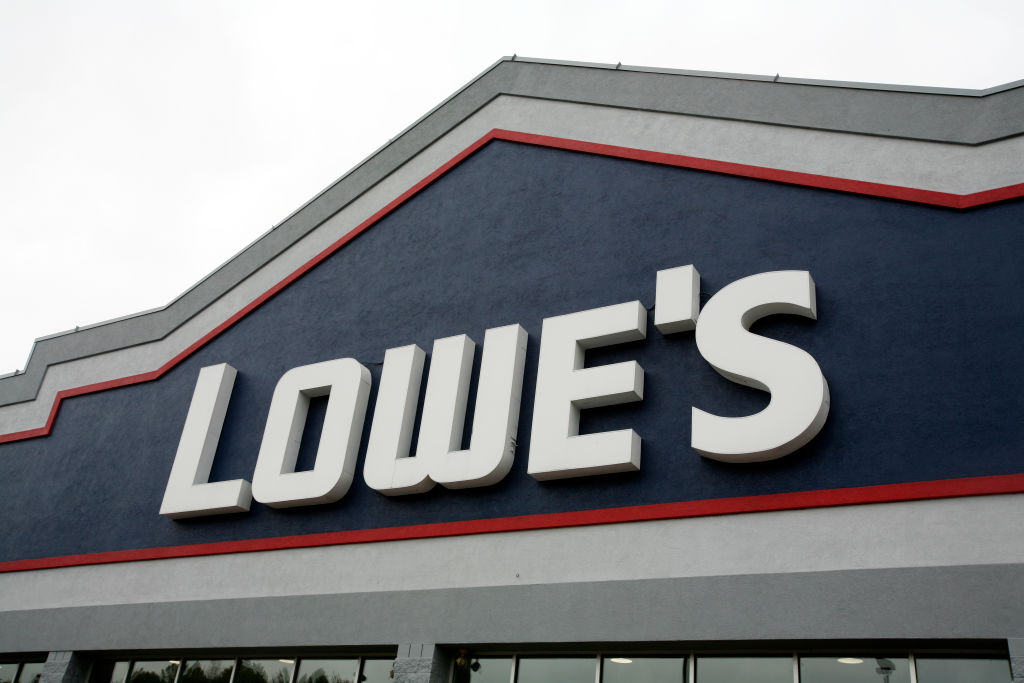
Source: Najlah Feanny / Getty
In August, Lowe’s, the home improvement retailer, unveiled a change in its corporate strategy, opting to withdraw from the Human Rights Campaign’s Corporate Equality Index and streamline its internal resources for minority groups into a single program, according to Advocate.
As part of its shift away from prior diversity efforts, Lowe’s also announced it would no longer sponsor or take part in LGBTQ+ Pride events, including parades, festivals, and fairs. This decision came in response to growing pressure from conservative groups.
10. Brown-Forman

Source: SOPA Images / Getty
The parent company of Jack Daniel’s also opted to withdraw from the Human Rights Campaign’s Corporate Equality Index, among other adjustments. In an August email to employees, company leaders explained that while the diversity and inclusion strategy was introduced in 2019, “the world has evolved, our business has changed, and the legal and external landscape has shifted dramatically.”
The company stated that it would eliminate its specific workforce and supplier diversity targets, align employee incentives and goals with overall business performance, and review training programs to ensure they align with the updated strategy.
RELATED CONTENT: Study Proves White-Dominant Workplaces Negatively Impact Black Women’s Careers



